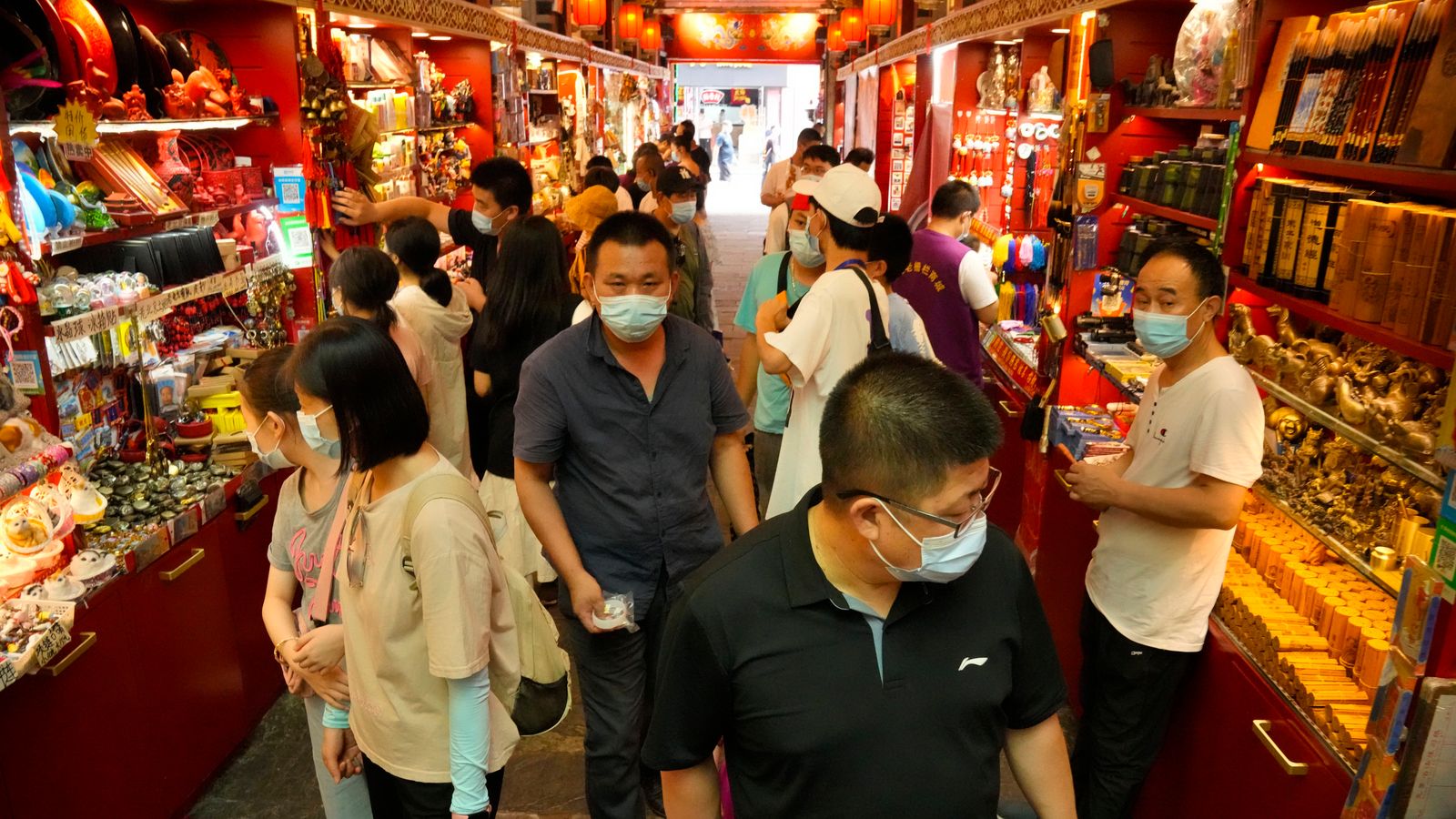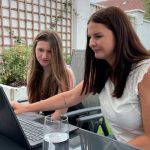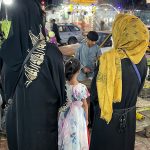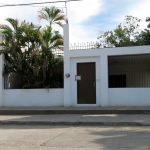A newly formed World Health Organisation (WHO) team may be “our last chance” to understand the origins of coronavirus, the body’s top emergency expert has said.
The WHO has named 26 proposed members of its Scientific Advisory Group on the Origins of Novel Pathogens (SAGO), to determine the origins of coronavirus.
Maria Van Kerkhove, WHO technical lead on COVID-19, said she hoped there would be further WHO-led international missions to China to encourage the country to cooperate.
She told a news conference that “more than three dozen recommended studies” are needed to understand how the virus crossed from animals to humans.
Reports on China’s testing for antibodies in residents of Wuhan, where the virus was first detected in 2019, will be “absolutely critical” to understanding the origins of the virus, Ms Van Kerkhove added.
In an editorial in Science, the WHO said detailed investigations of the earliest known and suspected cases prior to December 2019 were still needed.
It also wanted to look at analyses of stored blood samples from 2019 in Wuhan as well as retrospective searches of hospital and mortality data for earlier cases.
COVID-19 cases surge among children after schools reopen – but drop among adults
League tables for GP surgeries as part of £250m package to increase face-to-face appointments
COVID-19: Winter support package expected for 20 local authorities over coronavirus fears
There must also be a focus on labs in the area where the first reports of human infections emerged, as it said ruling out an accident requires sufficient evidence.
Mike Ryan, the WHO’s top emergency expert, said the new panel might be the last chance to establish the origin of “a virus that has stopped our whole world”.
He said the WHO was seeking to “take a step back” and “create an environment where we can again look at the scientific issues”.
“This is our best chance, and it may be our last chance to understand the origins of this virus,” he said.
Chen Xu, China’s ambassador to the UN in Geneva, told a separate news conference the conclusions of the joint study were “quite clear”, adding that as international teams had been sent to China twice already, “it is time to send teams to other places.”
“I do believe that if we are going to continue with the scientific research I think it should be a joint effort based on science not by the intelligence agencies,” Mr Chen said.
“So if we are going to talk about anything, we are doing the whole business within the framework of SAGO”.
China has repeatedly dismissed theories that the virus leaked from one of its laboratories and has said no more visits are needed.
Earlier this year a WHO-led team spent four weeks in and around Wuhan with Chinese scientists.
They produced a joint report in March that said the virus had probably been transmitted from bats to humans through another animal, but further research was required.
The WHO director-general, Tedros Adhanom Ghebreyesus, said the investigation was hampered by a lack of raw data about the first days of the outbreak and has called for lab audits.






















